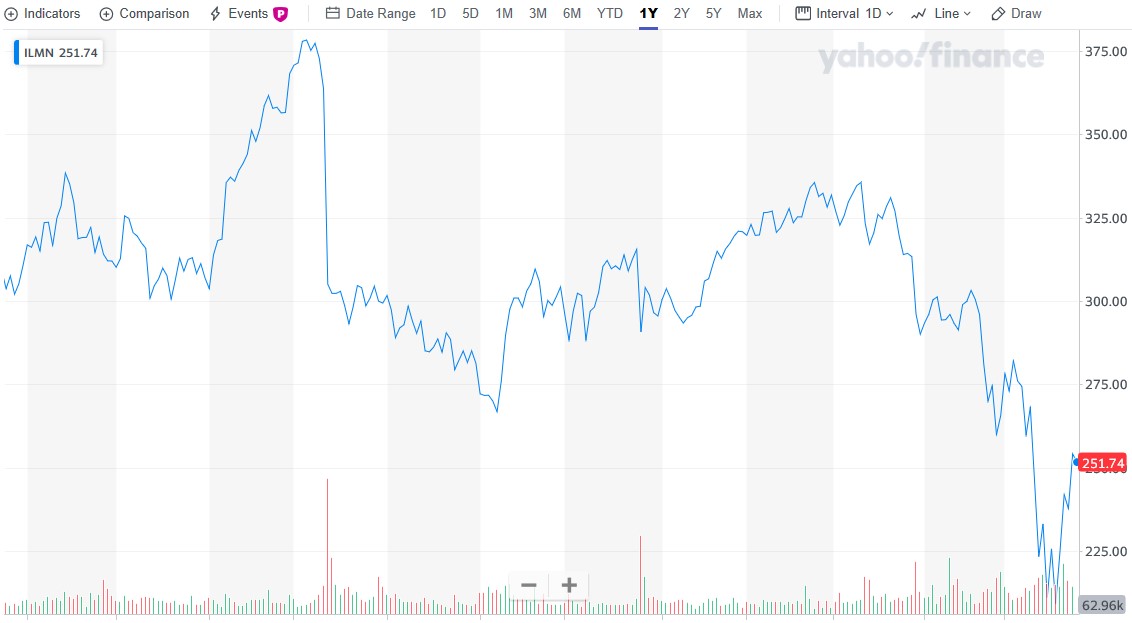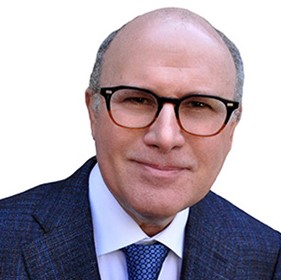If you are old enough to remember the Beatles singing “When I’m Sixty-Four,” your prayers have been answered. Researchers have found a way to reverse the aging process.
According to the paper Nature Communications, a multidiscipline Stanford University research team discovered that it is possible to reprogram old cells back to their youthful state.
It’s also something investors should get ahead of now.
Scientists believe that as cells get older, the systems that govern the efficiency gradually build up errors. These miscalculations negatively impact how genes behave, causing degradation.
Stanford researchers Tapash Jay Sarkar Ph.D, Dr. Thomas Rando and Vittorio Sebastiano devised a process to reverse those errors.
According to The New York Times, the root of their approach is to chemically reprogram a cell’s epigenome to its embryotic state.
The idea borrows mightily from the work of Shinya Yamanaka, a noted biologist at Kyoto University in Japan. In 2006, his landmark work proved that cells could be wiped clean and rejuvenated using a set of four transcription factors.
Unfortunately, doing so caused the cells to rapidly reproduce. When they were implanted into mice, cancers developed. The outcome was fatal.
Since that time, others have tried to refine Yamanaka’s fascinating work. At the Salk Institute for Biological Studies, researchers in 2016 were able to separate the processes of reprogramming and age reversal. Unfortunately, they were only able to produce favorable results in genetically engineered lab mice.
The Stanford team reproduced the Yamanaka results for aged cells taken from human patients suffering from osteoarthritis. Now, they’re placing the research and the patents into a new business called Turn.bio.
It’s the future we were promised. Researchers are finally building new drug treatments based on what they know about genetic markers and a patient’s genomic makeup. Fortunately, they’re coming fast.
In The Future Awakens, a November 2017 research study by Deloitte Center for Health Solutions, analysts posit that medicine will be “predictive, preventative (based on risk), personalized and participatory” by 2022.
The alliteration is a nice effect, but the promise is bigger. Analysts at the consulting giant believe the world is on the cusp of a barrage of new incredible medical breakthroughs.
In 2018, drug manufacturer GlaxoSmithKline (GSK) announced that it was radically changing its research budgets. The British drug giant focused all new drug discovery efforts on data analytics.
By studying genetics, applying machine learning and using artificial intelligence and advanced data analytics, the belief is researchers will discover drug treatments faster and cheaper.
Those dynamics are certainly in-play at Turn.bio. The fledgling Stanford start-up is blending computer science, physics, neuroscience and nuclear medicine to turn cutting-edge biology upside down.
In fact, drug companies, healthcare providers and researchers around the world are all using big data analytics to reach new peaks in healthcare.
In 2018, Deloitte partnered with General Electric (GE) Healthcare and the Mayo Clinic to develop a cloud-based precision medicine software platform. The idea is to get ahead of a new set of digital business models taking root.
However, it’s clear that Illumina Inc. (ILMN) is the major beneficiary this trend. The San Diego company develops hardware and software systems used to analyze genetic and biological information. Its best-in-class systems have become vital to the development of cutting-edge health science.
To their credit, Illumina managers recognized the opportunity long ago. They built the biggest and most cost-efficient company in the DNA sequencing space. They even command a 70% market share. And when competitors popped up, Illumina managers either swallowed them whole or reduced sequencer prices so drastically that companies with less scale found it difficult to grow.
Since 2010, the company has acquired 10 businesses, according to Crunchbase. Sequencing costs have plummeted from $10 million in 2008 … to $1,000 in 2015 … to only $100 today.
This recent price point makes genomic testing feasible for every patient, setting up infinite research possibilities.
Illumina shares traded to $380 in 2019. Today, the stock is $254. At 31.9x forward earnings and 10.5x sales, the stock is cheap by historic standards.
Growth investors should consider adding Illumina shares into weakness.
Best wishes,
Jon D. Markman




